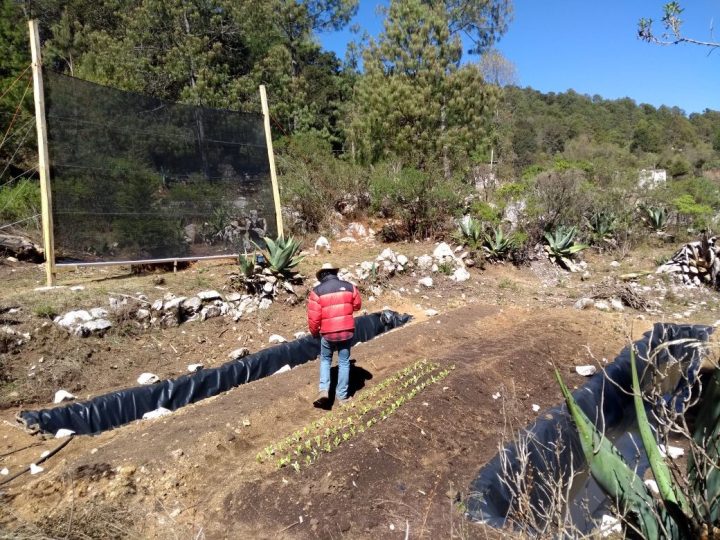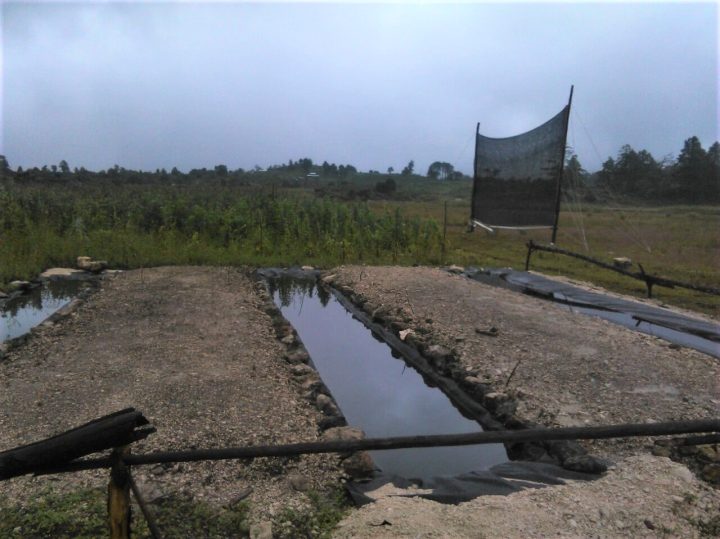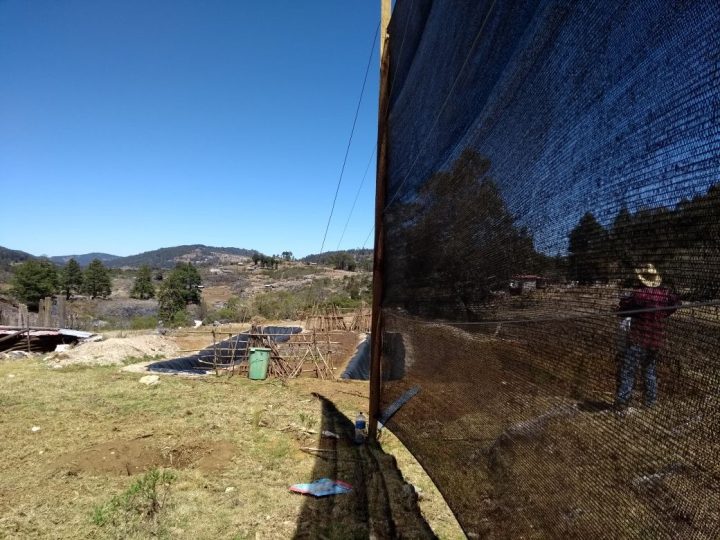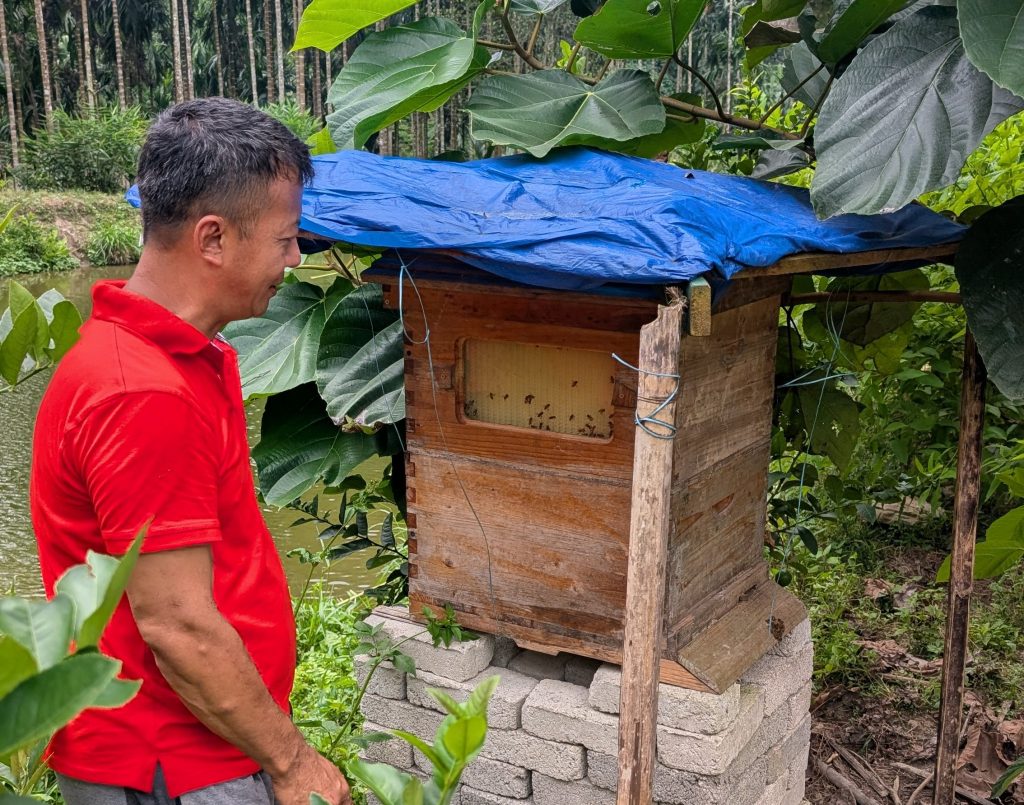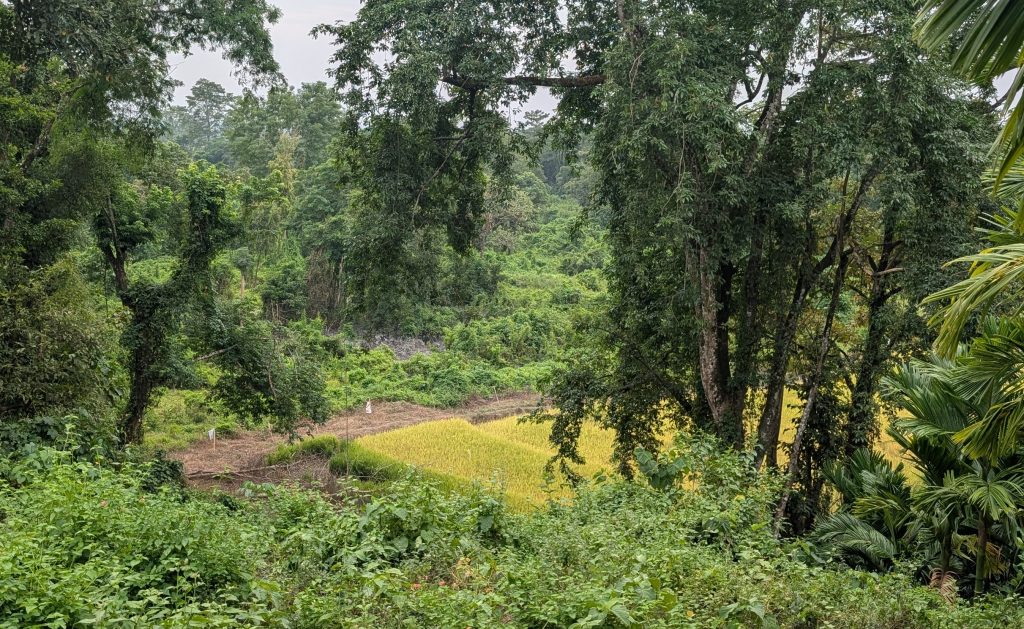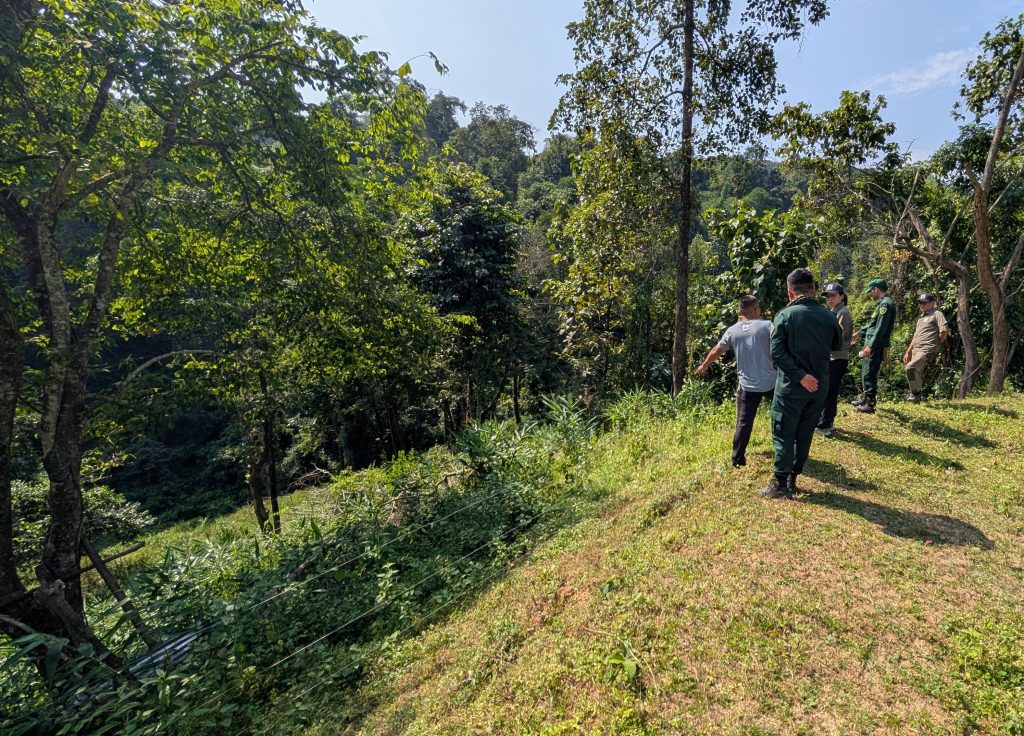Purpose
Reduce the impacts of drought and frost on community agricultural systems.
Climate Impacts
Community members from Santa Maria Yucuhiti report the following impacts:
Declining crop yields
due to intensifying frosts and drought
Relocation of Crops
to the forest edge, where they are protected from cold winds
Deforestation
due to slash-and-burn agricultural techniques near forests
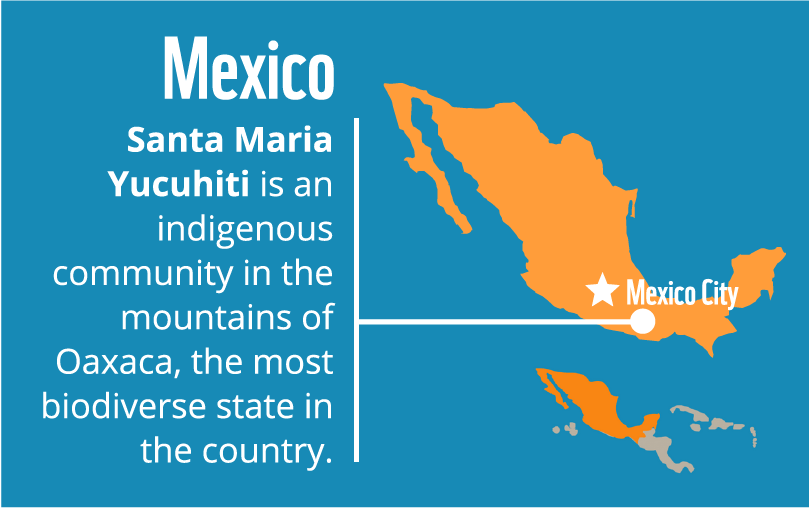
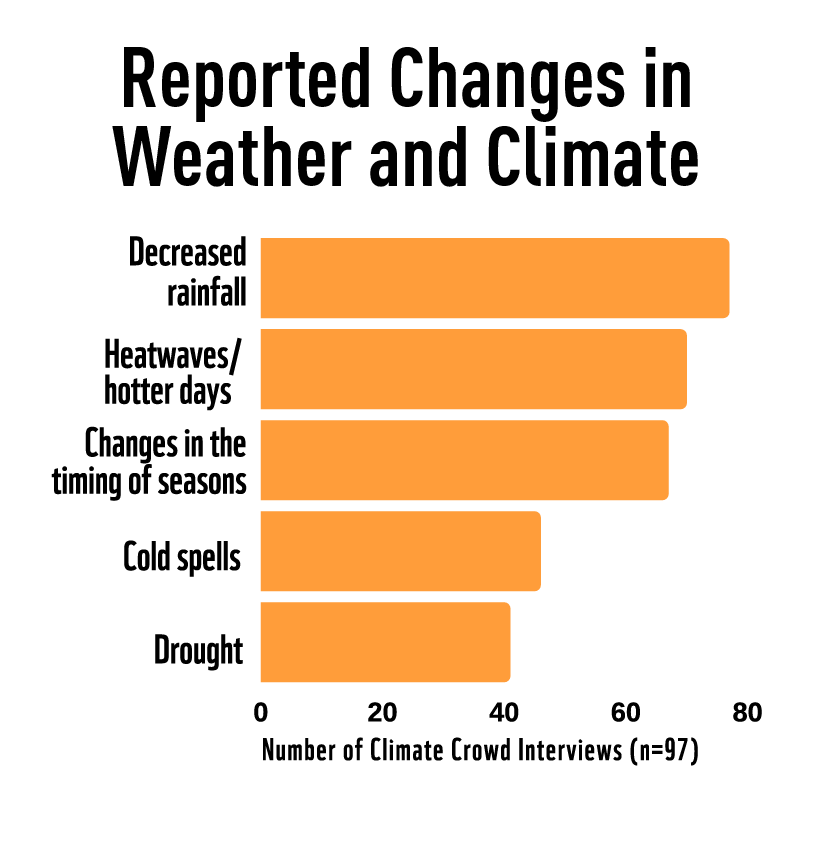
Activities
Stakeholder Consultation
Introductory meetings were held with local indigenous authorities to present the project and collect baseline information (land use maps, soil type, agriculture techniques used, crop type, production and productivity).
Site Selection
Treatment and control plots were selected based on suitability of the land, willingness of owners to participate, and suggestions made by municipal authorities.
Technical Design
Fog catchers and water channel systems were designed based on consultations with experts in soil health, agriculture and engineering.
Fog Catcher Installation
EECO conducted a workshop with selected farmers to introduce the project, provide training on installing fog catchers, and complete installation.
Water Channel Construction
A second workshop was held on water channel construction.
Monitoring and Evaluation
EECO monitored the functioning of water channels and fog catchers and compared crop survival in treatment plots to control plots
project outcomes
project design
Farmers in Santa Maria Yucahiti were sowing crops on the edge of nearby forests, which offered protection from worsening drought and cold snaps that had decimated crops in recent years. However, the use of “slash and burn” farming near forests resulted in two fires that went out of control, damaging close to 40 acres of primary forest. To improve crop survival and reduce adverse impacts on forests, WWF funded an innovative project in partnership with Espacio de Encuentro de Culturas Orinarias (EECO), a local NGO, to install fog catchers and artificial water channels surrounding crops. Fog catchers collect water from the atmosphere during periods of drought and feed into the water channels, which in turn, create a micro-climate that reduces frost related crop damage and maintains soil moisture

